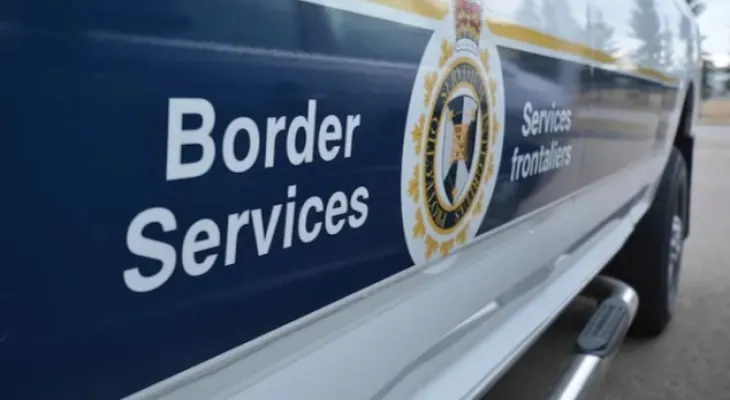Search here
Newspaper
Search here

Arab Canada News
News

Published: November 27, 2023
Employees of the Canada Border Services Agency (ASFC / CBSA) and its intelligence officers have discovered more fraudulent and suspicious documents specifically issued by Mexican criminal networks attempting to access Canada.
“To date, 14,957 fraudulent Electronic Travel Authorizations (ETA) linked to Mexican nationals have been intercepted before the border,” said a spokesperson for the Canada Border Services Agency.
This document is required for visa-exempt foreigners traveling to Canada by air. This has been the case for Mexicans since the end of 2016.
As recently revealed by the “Enquête” program from Radio-Canada television, this measure taken by Justin Trudeau’s Liberal government in Ottawa is being used by criminal organizations for their benefit.
This measure has allowed the emergence of networks of forged passport dealers in Mexico to facilitate illegal travel to Canada.
“We are facing something new that did not happen before,” explained Karine Côté-Bouché, a professor at the Faculty of Criminology at the University of Montreal, adding that she feels “concerned” about the volume of this data.
“Previously, Canada was a target for drug trafficking cases. Now, we can say there is a shift in criminal activities. There are new kinds of crimes with these networks of forged documents,” added Côté-Bouché.
The Electronic Travel Authorization is an administrative procedure costing $7 paid online. It is basically a self-declaration allowing the Canadian Immigration Department and customs officers to verify if the person wishing to come to Canada as a tourist is subject to criminal prosecution.
Radio-Canada information also reported that by analyzing the elements completed by applicants, Canada Border Services Agency officers have discovered in recent years thousands of ETA applications linked specifically to criminal networks and a network of thieves in South America, networks increasingly present in the province of Quebec targeting luxury homes.
These criminal groups are believed to be involved in the massive increase in illegal crossings between Canada and the United States, but also in undeclared work, or so-called black market, in Canada.
Persons holding a Mexican passport and dealing with these criminal networks can also use fraudulent Electronic Travel Authorizations to reach Canada for the purpose of seeking asylum.
For its part, the Canada Border Services Agency refused to provide details on this matter on the grounds that “information related to the border (...) is considered protected.”
Also according to information from some sources, alerts issued by intelligence officers sometimes take months to be reviewed, allowing potential criminals to enter Canada. The fault lies in the large backlog of files that the Canadian Immigration Department must process.
When asked about this issue, the Immigration Department confirmed it works in “close cooperation” with the Canada Border Services Agency “to maintain the integrity of the Electronic Travel Authorization program as well as the safety and security of Canadians.”
Comments